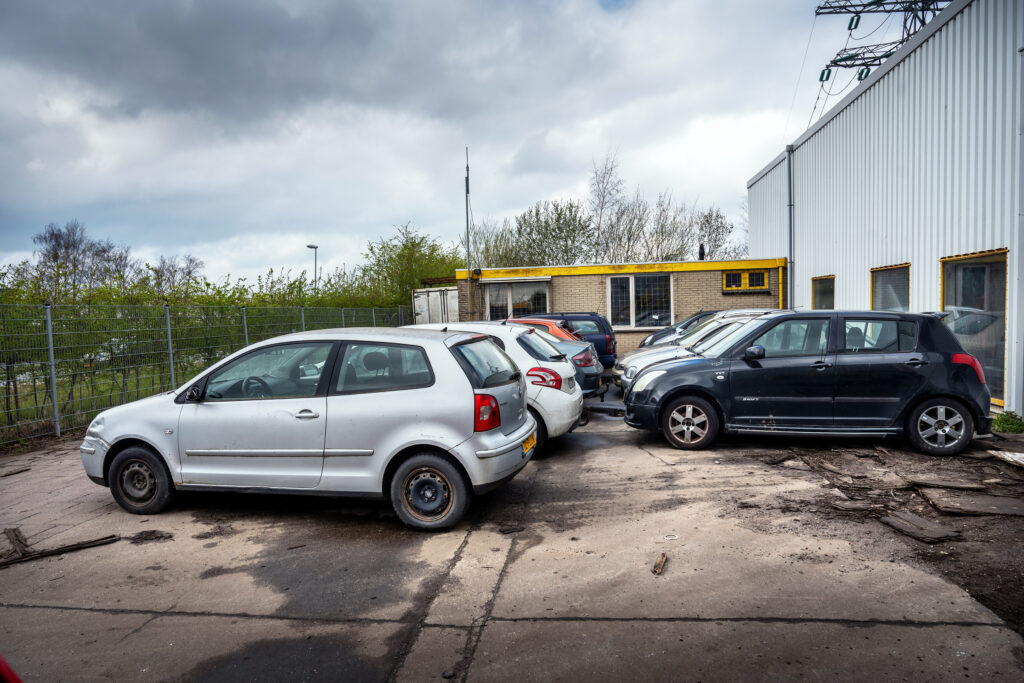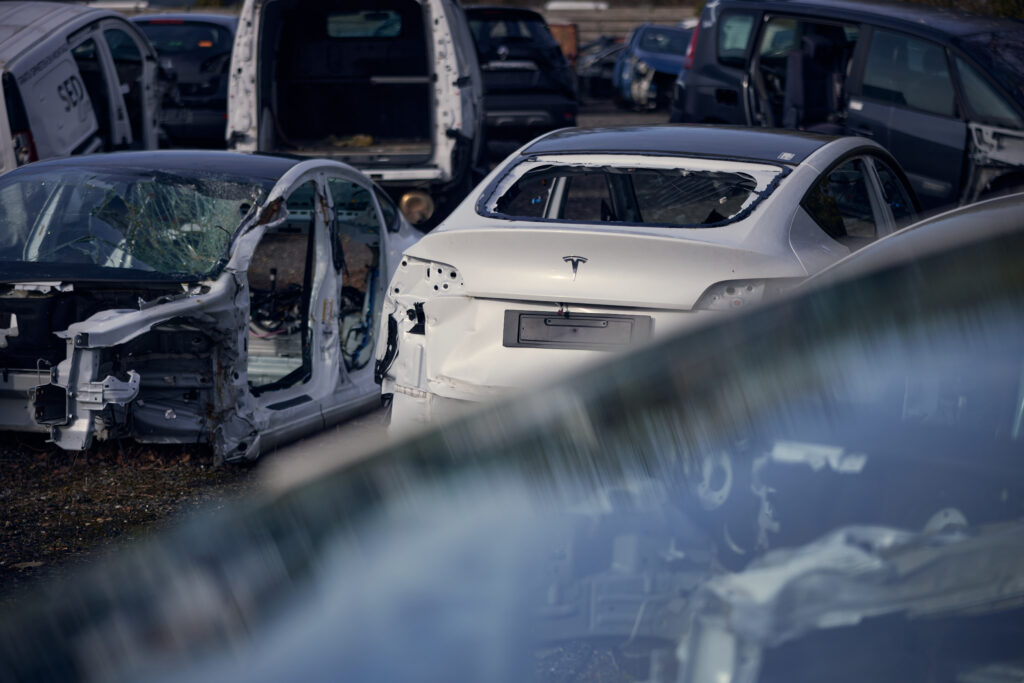To realise its goals, ARN works together with players in the car- and battery-recycling chain, which comprises car-dismantling, collection, recycling and shredder companies, as well as intermediaries. ARN also coordinates the collection of batteries from car dealers.
ELV Directive
Since May 2021, a universally binding obligation (known in the Netherlands as the AVV) has regulated the implementation of mandatory obligations pertaining to the management of end-of-life vehicles. All importers of vehicles that fall under the ELV Directive (passenger cars and light commercial vehicles in the Netherlands up to a maximum weight of 3,500kg) must participate in the ARN collective system. A condition of participation in the system is the payment of a recycling fee, which in 2022 was €25 per vehicle.
This payment obligation is laid down in the Netherlands’ Road Traffic Act, which stipulates that a vehicle cannot be registered without the payment of this recycling fee. When it comes to an Accelerated Vehicle Registration (known in the Netherlands as VKR), a contractual obligation to pay ARN the recycling fee has been added as a precondition. A number of new contracts were closed with vehicle importers in this way In 2022. For cars that are imported on an individual basis, (usually used cars), the recycling fee is paid to the RDW (Netherlands Vehicle Authority).

Watertight system
Janet Kes, Battery & Quality Assurance Manager at ARN, says that thanks to the cooperation of the RDW, the AVV, or universally binding obligation, has now created a system that excludes freeloaders. “It is a watertight system that applies to everyone, without exceptions.”
On behalf of participating importers, which are partly represented by the RAI Association, ARN reports to the government on the realised yearly recycling statistics. In this way, ARN is helping its clients meet compliance requirements.
Batteries and battery management

The manufacturers and importers of batteries, as well as products that have batteries installed in them, have a legal obligation and responsibility to collect and recycle end-of-life batteries. To this end, vehicle importers can participate in what is known as the ARN Management Plan. In it, ARN assumes the producer’s responsibility for starter batteries and vehicle drive batteries and coordinates the collection and recycling of lithium batteries and the necessary reporting to the government. Whereas the recycling of end-of-life cars (regulated in the ELV Directive) has been made mandatory via the universally binding obligation, participation in the ARN management plan for car batteries is currently still on a voluntary basis.
Batteries and their obligations
“It goes without saying that we always stress upon new-car importers who join our collective system what their obligations are regarding car batteries,” says Kes. Stibat is the implementing organisation for portable batteries from vehicles, while ARN operates a collective system for all other batteries (starter batteries, 48-volt batteries, mild hybrid batteries and drive batteries). “Most importers also work with ARN for the management of regular and drive batteries. If they opt not to participate in the ARN Management Plan, we tell them that they will then have to arrange it properly themselves.”
Shifting ratio
Kes expects that many more new battery-driven vehicles will be on the Netherlands’ roads in 2023. The ratio of battery-driven to conventional-drive cars is shifting in favour of the former, and with it the complexity of the associated responsibilities and obligations. The big questions, she adds, are how long these batteries will last and when they will be returned. “We are keeping a close eye on the market. We have now hit between 10 and 15 battery registrations per day, but we expect the number of registrations to keep rising.” Her vigilance is understandable: so far the number of batteries collected has been doubling year-on-year.